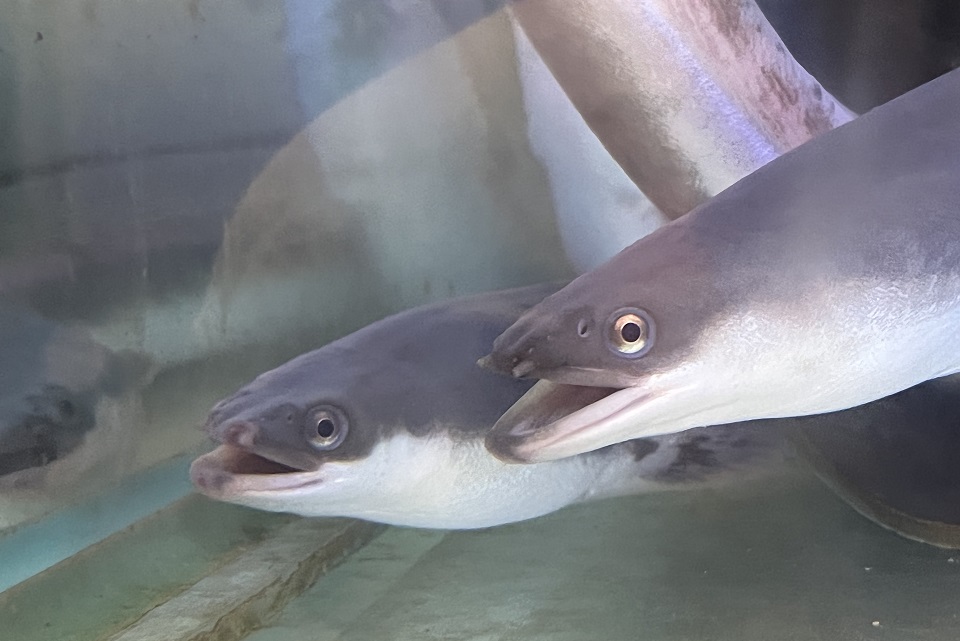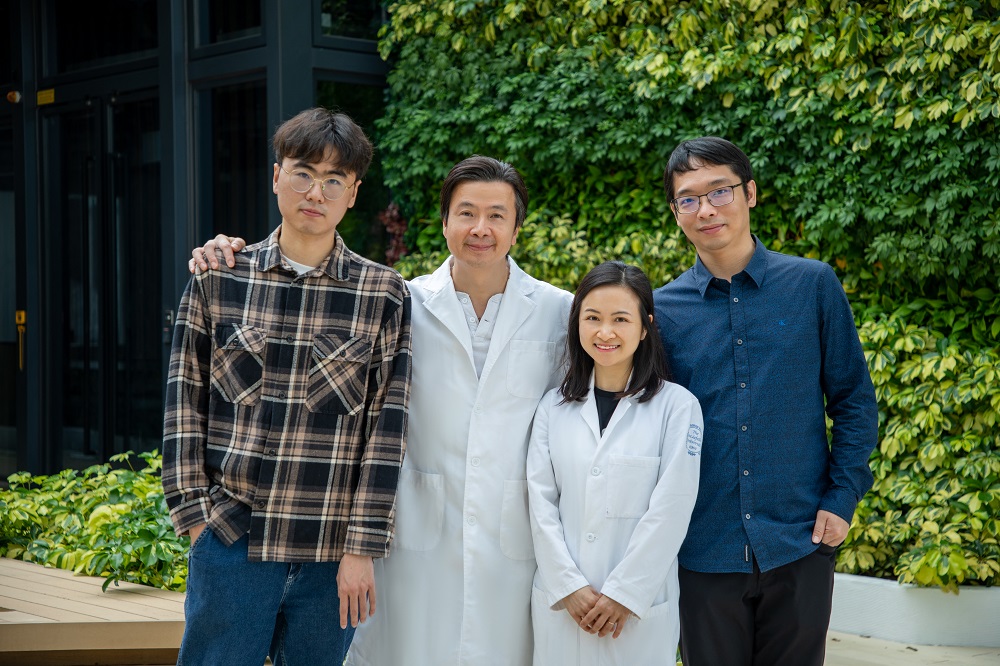Discover HKBU
Conserving the Japanese eel
25 Apr 2023
The Japanese eel (Anguilla japonica) is probably not the first thing that comes to mind when one thinks of evolution and conservation. But we should now, for Japanese eels bear both economic and ecological significance. They serve as critical indicators of the healthiness of the coastal environment and resources for aquaculture, which contributes to global food security by providing animal protein. As one of the most important delicacies in Japanese cuisine and a high-demand commodity in East Asia, eel aquaculture has also become a multi-billion US dollar industry in its own right.
Ensuring sustainable aquaculture
Inspired by the urgency for sustainable aquaculture and conservation of marine life, Professor Chris Wong, Associate Dean (Transdisciplinary Development) of Science and Professor of Biology, has devoted himself to research with a genome-based conservation approach that provides a new perspective on the adaptive diversity of fisheries resources, and makes genomic stock identification, disease vulnerability differentiation, and traceability possible. Using the first high-quality chromosome level of the Japanese eel genome, Professor Wong seeks to gain a better understanding of its evolution and provide conservative genome tools for this endangered species.
“Eels, unlike other sustainable fish species, are not bred in captivity. Currently, glass eels are captured in the wild and raised on farms. Since the 1970s, overexploitation, habitat loss, pollution, altered currents in the ocean, and climate change have greatly reduced eel populations. Glass eels are in short supply around the world, which has had a significant impact on the industry,” Professor Wong says.
Revealing the genome landscape
“The lack of genomic resources has always been a major challenge for eel conservation studies. Our findings, which reveal the first ever chromosome-level genome assembly of the Japanese eel, have closed this gap. And in the realms of evolution and conservation research, this is quite a ground-breaking discovery. Having identified the adaptive traits, disease-resistant traits, and sex-determination markers of Japanese eels, we can now utilise these evolutionary insights to decode their sex chromosomes and improve fish restocking efficiency at an early stage,” says Professor Wong. The results have been published in GigaScience.
He added that these findings will help shape the strategies for the effective conservation and management of eels by international government agencies, NGOs, and the fishing industry. They will also pave the way for the future study of other Anguilla species (such as European and American eels) and that of the sex chromosome evolution.
Restoring nature
After all, conservation matters, as Professor Wong concludes with a soberingly philosophical message. “Over the past century, overpopulation, overconsumption, and industrialisation have impacted our planet unprecedentedly. It has led to the sixth mass extinction, decimating billions of plants and animals. The human-centered and exceptionalism mentality has disrupted the harmonious balance of the planet, resulting in severe ecological damage. Climate change, inadequate management practices, and pollution are causing natural resources to become scarce worldwide.”
The solution? Sentience. A word that was first coined by philosophers in the 1630s to refer to one’s ability to feel, may just be our saving grace in the words of a modern day biologist as Professor Wong concludes: “Sentience encompasses diversity, harmony, and health. Sentience for life, not just human life, for only through the respect for nature and the diversity of life can there be a harmonious world.”

